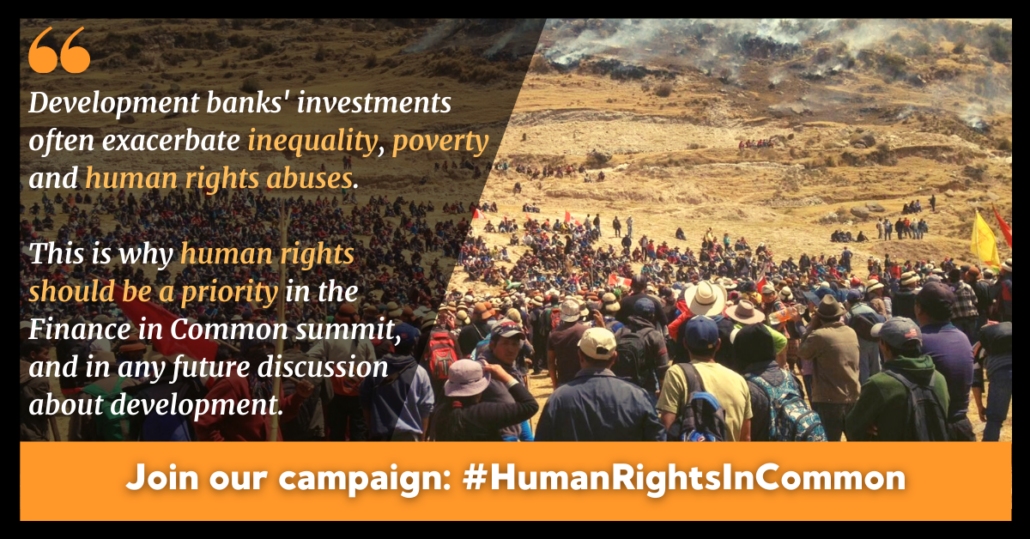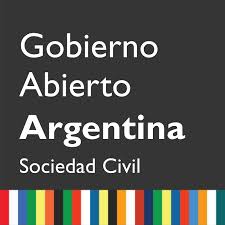The Dutch development bank FMO is not sufficiently transparent about the projects it finances, and is therefore acting contrary to its mandate. This is evident from a new report published by the International Accountability Project (IAP) and the Foundation for the Development of Sustainable Policies (FUNDEPS), endorsed by 28 organizations including Both ENDS, SOMO and Oxfam Novib. The research assesses FMO’s disclosure and access to information practices for investments proposed between January 1, 2019 and May 31, 2020. Only in 25% of the cases was it disclosed what potential negative consequences an investment by FMO would have for people and the environment.
“If the forest next to your village is cut down to build an oil palm plantation, or there is a big dam in the river that you depend on for water and fish, you need to have access to information to defend your interests and have a voice in decision-making,” says Anne de Jonghe of Both ENDS. “You are entitled to know the costs and benefits for your community, before you can consider what is best for you. As an investor, FMO shares responsibility for this information provision, but unfortunately falls seriously short in this.”
Operating with public money
FMO’s response to the report shows that the bank itself believes that the responsibility for making information public and the potential negative effects of investments on people and the environment lie with the project developers and its clients. However, as a development bank that is largely funded with public money, FMO has the mission and responsibility to invest in sustainable, fair projects that improve people’s lives and respect human rights. One way to ensure this is to strive for as much transparency as possible about intended investments and to enable affected communities to meaningfully participate in the decision-making surrounding a project. This research shows that FMO still has a lot of ground to cover in fulfilling communities’ right to information.
No reports on social and environmental impacts
The analysis of 241 projects disclosed on FMO’s website between January 1, 2019 and May 31, 2020, reveals that potential negative impacts for these investments was disclosed in only 59 cases (25%). For the remaining 182 investments (75%) there was no information available on the website.
Appendices with more detailed technical information, such as reports on social and environmental impacts, were under no circumstances available on the website. “What’s more, the little information that is disclosed is only available in English, while FMO has investments all over the world, often in countries where English is not the first or even second language,” said Ishita Petkar of the International Accountability Project (IAP). “As a development bank, it is FMO’s responsibility to ensure they are fulfilling the right to information for the communities they impact. True development requires respecting human rights – FMO should ensure vital information, including technical documents, are disclosed and accessible in national and local languages.”
FMO must improve policy and practice
The 28 organizations have written a letter to FMO calling on the bank to thoroughly review and strengthen its access to information policy and practice. This includes improving information disclosed on the FMO website, adopting internationally endorsed principles on access to information, and obligating clients to fully disclose project documentation. FMO must also ensure that information is disclosed in understandable formats and reaches the communities concerned, so that they can participate meaningfully in project decision-making processes as the intended beneficiaries of development.
More information
- Explore FMO’s portfolio of investments, including risk category and industry, in this interactive visualization
- Link to the analysis and the civil society letter
- Link to FMO’s statement
- Link to IAP’s blog responding to FMO’s statement
Press contacts
- Ishita Petkar (International Accountability Project) – ishita@accountabilityproject.org
- Gonzalo Roza (Fundeps) – gon.roza@fundeps.org
- Anne de Jonghe (BothENDS) – a.dejonghe@bothends.org


